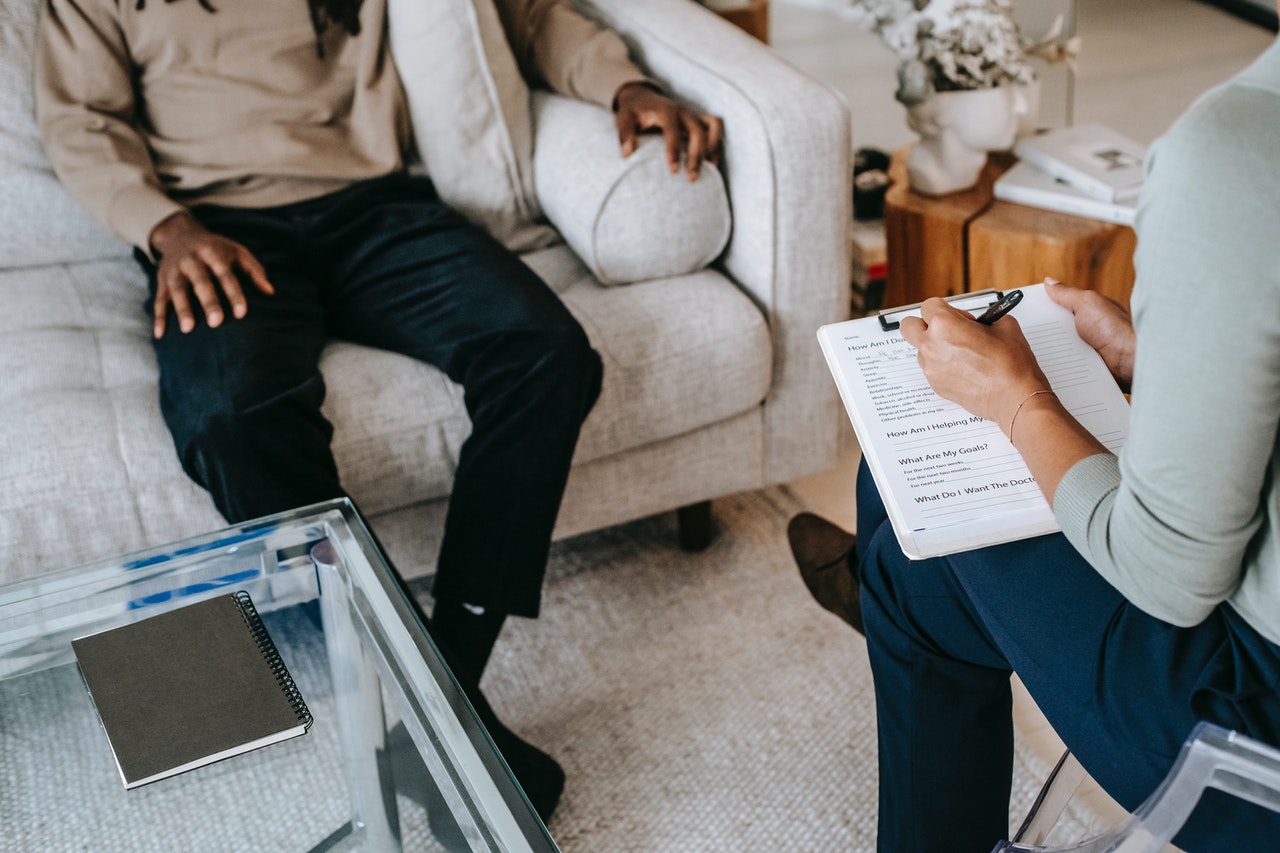How well do you actually listen to the people around you? Do you think you listen well? Are you sure?
I think I listen fairly well, most of the time. When I focus on it, which is most of the time, I do listen well. But it is far too easy to get distracted, and I am far from perfect. I get distracted a lot just like everyone else. I used to listen really badly, and but thanks to some frank feedback from a long-ago former colleague, I made some changes.
For today’s discussion, let’s draw an important distinction between listening and retention. Just because you heard it, doesn’t mean you will retain it. And retention of what you hear is a critical part of being perceived as a good listener.
Retention is critical to listening, and even more critical to being perceived as a good listener. So, having some tactics that will increase retention is probably a good idea. On a personal level, the key to retention is writing things down. Once we write something down, the human brain is far more likely to remember it and now we have something we can refer back to refresh the memory.
We capture a lot of information at The Latimer Group about the people we work with. We take notes (often directly into that person’s Outlook card) on the conversations we had, the action items out of phone calls, the way we met them, and (in many cases) the important dates they may mention, like birthdays or anniversaries, or names of children. We write it all into their outlook notes, and before we get on any phone call, we look at those notes.
So, for example:
- When someone we know calls our office, I’ll quickly open up their Outlook file before I pick up the phone. Often we will have notes on when or how we met, who introduced us, etc. Then, when I pick up the phone, I am able to begin the conversation with something like, “We haven’t seen each other since we met at that conference in 2006.”
- Over the course of the conversation, I might be able to ask how their spouse or children are doing, and mention them by name.
- With people we are closer to, I’ll send an email or place a call on a birthday or an anniversary.
- We are able to keep track of action items quickly and easily, with direct reference to the date on which we spoke and what was covered in the discussion.
The direct feedback we hear all the time is that we are good with dates, and that we remember everything. But while our team may all be really good at listening, the point today is that the more fundamental skill is retention, and we can help our retention levels by diligently writing things down, in an easy-to-access place.
When it comes to listening skills, it is important to draw the distinction between listening and retention. Both are important, and anything you can do to increase your retention will help the perception of your ability as a listener. Writing things down will help a great deal.
—
Does your team:
– Overwhelm the audience with too much detail?
– Make things too complicated?
– Fail to ask for what they want or need?
Does your organization:
– Waste time because of poor internal communication?
– Take too long to make decisions?
– Struggle to clarify and frame discussions?
Do your leaders:
– Exhibit poor executive presence?
– Lean on incomplete communication skills?
– Fail to align the organization?
We transform teams and individuals with repeatable toolsets for persuasive communication. Explore training, coaching, and consulting services from The Latimer Group.
Looking for more from The Latimer Group?






Comments